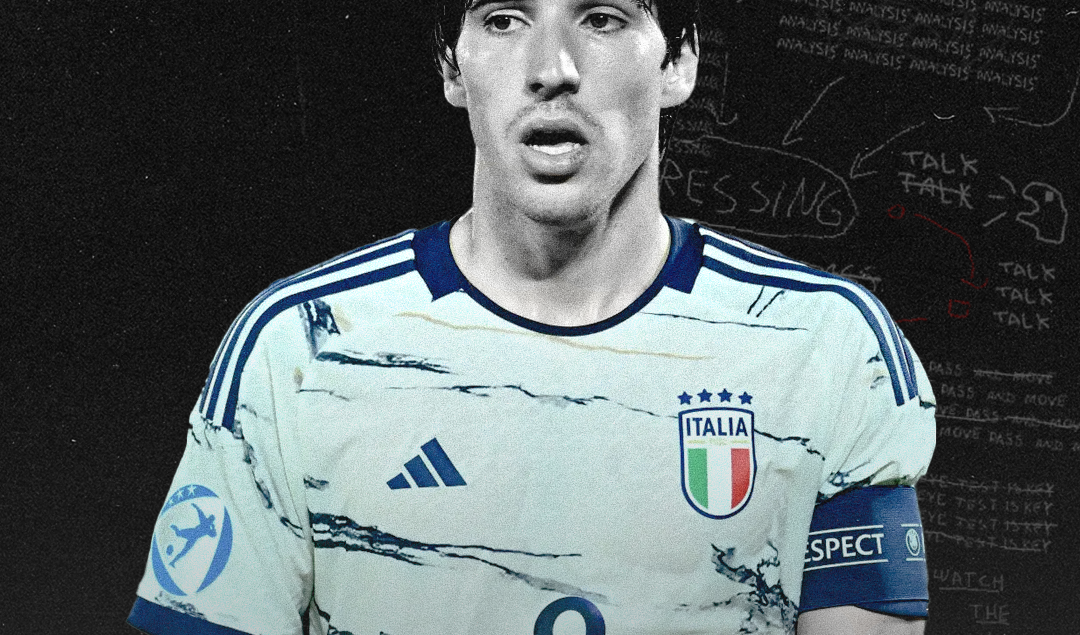Scandals Related to Betting on Soccer Matches Have Hit the Sport in Italy and Beyond
Soccer is one of the most popular and passionately discussed sports in the world. However, behind all this passion for the game, there is a dark side that has tarnished its reputation. Soccer betting scandals have become an integral part of the sporting world, and recent events in Italy and beyond have raised the issue of hypocrisy and contrarianism in the field. Contrary to the declared values of fair play, the world of soccer has found itself vulnerable to the influence of gambling companies, and the sport now faces the challenge of finding a solution to this problem.
The betting scandal and subsequent disqualifications of athletes
The sporting world is facing yet another scandal – this time, Italian soccer is in the spotlight. Italian prosecutors are investigating Newcastle midfielder Sandro Tonali for illegal gambling, and on Thursday, the Italian Football Federation (FIGC) announced that Tonali will be suspended for 10 months for violating Italy’s match betting rules. The decision means he is likely to miss the rest of the club season for Newcastle United, as well as Euro 2024 if Italy qualify. Tonali has become just the most high-profile player in a wider betting scandal that has shaken Italian soccer.
The scandal broke when Italian media reported that 22-year-old Juventus midfielder Nicolo Fagioli, 22, was under investigation by the Turin prosecutor’s office for using illegal betting platforms to bet on soccer matches. Italian newspaper La Repubblica reported that Tonali and Nicolo Zaniolo, on loan at Aston Villa from Turkish club Galatasaray, were questioned by police the previous day in connection with illegal betting, forcing the duo to leave Italy’s training camp ahead of Euro 2024 qualifiers against Malta and England.
During the hearing, Fagioli said in a statement to federal prosecutors that Tonali introduced him to an illegal betting platform. He also noted that he had been suffering from a gambling addiction for about a year and had debts of about three million euros ($3.18 million), but said he had never bet on Juventus games.
Gambling and soccer: the problem is growing
The problem of gambling in soccer poses a serious threat to the sport itself, its reputation and the mental health of the players. Many high-profile players have spoken out about the deep culture of gambling in soccer, and some have even made frank admissions about their own struggles with the addiction. In recent years, organizations such as the Professional Footballers Association have stated that they have seen an increase in the number of players seeking help for gambling-related problems.
On the other hand, gambling companies are becoming more pervasive and aggressive. Soccer clubs and stadiums are increasingly hung with gambling advertisements, which are also widely covered in the media. This aggressive sponsorship by gambling companies raises serious concerns about their impact on the sport itself as well as its audience, including young people.
Young people are being exposed from many different angles. They see aggressive advertising on the soccer field, and then they come and see the same thing on the Internet. For example, right here you can find lucrative no deposit bonuses that are given for registration in casinos.
The problem of gambling in soccer takes on new shades and causes significant debate in the sports community. For years now, Serie A has been pushing for a ban on gambling-related advertising, which was introduced by the government at the end of 2018. Serie A clubs are feeling significant damage from this ban, as they had previously entered into 15 sponsorship agreements with betting companies, and are now losing significant revenue.
However, despite the ban, loopholes still allow clubs to enter into partnerships with betting companies, circumventing legal restrictions. One example is Juventus, Nicolo Fagioli’s club, which has signed several sponsorship agreements with betting companies despite all the bans and restrictions.
The situation in Serie A raises parallels with the Premier League, which has announced that it will stop sponsoring betting on clubs’ shirts by the 2026/27 season. However, doubts are being raised as to whether the move will actually reduce the influence of gambling companies, as clubs can offer betting sponsorship on sleeves and training shirts, thus maintaining close ties with gambling companies.
The contradictory measures taken at club and league level underline the complexity of combating the problem of gambling in soccer and the need to develop harmonized approaches to effectively regulate the influence of betting companies on the sport.
